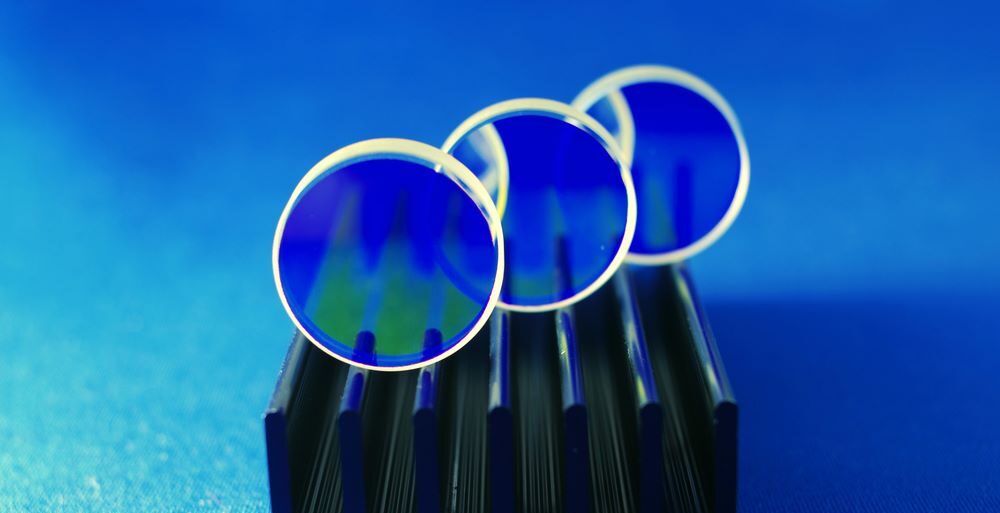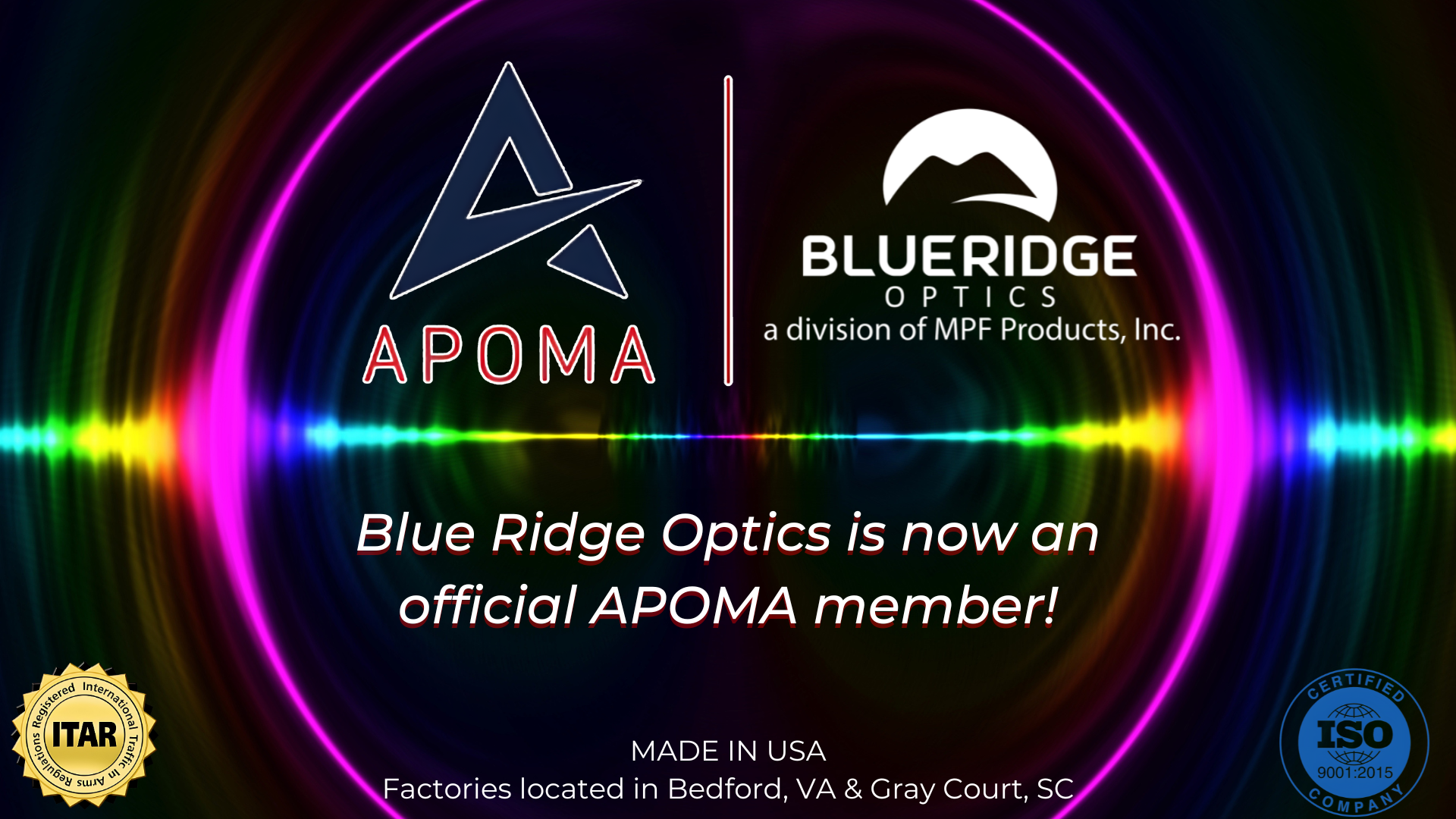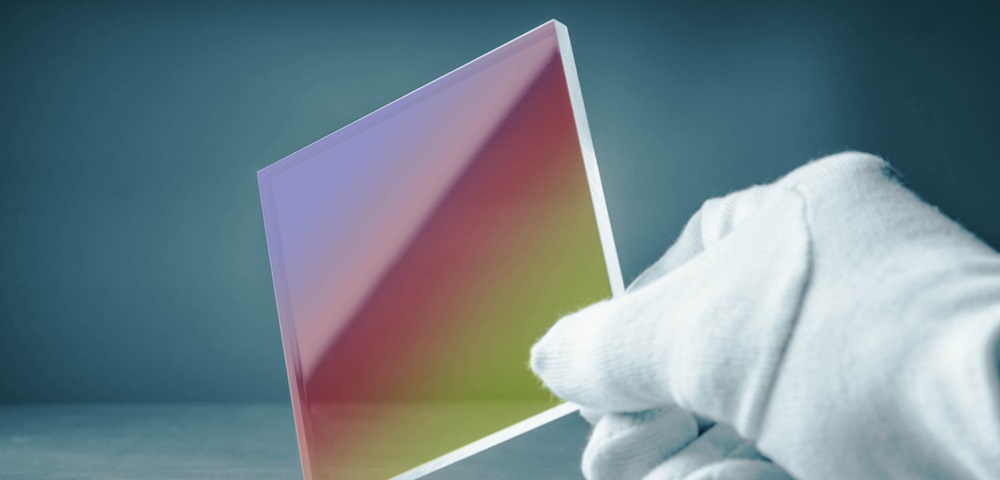
Introducing Ion Beam Sputtering Capabilities
It is with a level of enthusiasm generally reserved for Nobel Prize announcements and mint-condition comic books that Blue Ridge Optics unveils the newest addition to our technological arsenal: Ion Beam Sputtered (IBS) coatings. This development, not to overstate, but in the same way the telescope revolutionized astronomy, dramatically expands our coating capabilities beyond our already robust electron-beam evaporation (e-beam) platform. For those unfamiliar with IBS technology, please don’t be alarmed. That’s what this blog post is for. With the implementation of IBS, we now offer an expanded and exceptionally precise suite of high-performance optical solutions. These include (but are certainly not limited to): edge filters exhibiting spectral cutoffs so sharp they could metaphorically slice atoms, notch filters for surgically precise wavelength rejection, and thin-film









